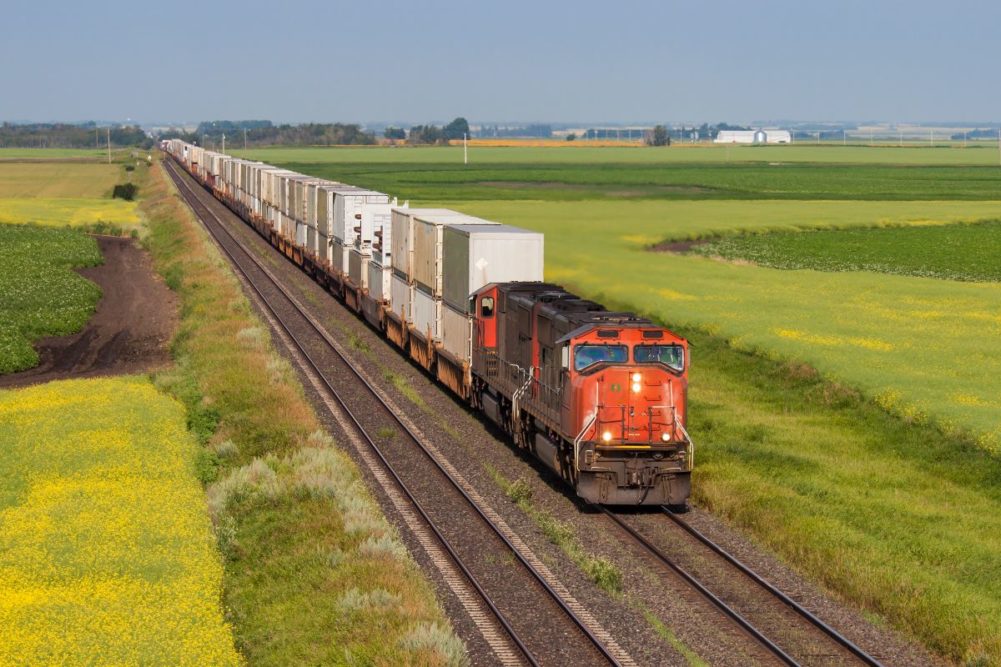 Josh Sosland
Josh SoslandKANSAS CITY — Amid the chaos currently prevailing in ingredient markets and the urgency with which bakers and other food manufacturers are working to keep production facilities supplied, longer-term global implications of the crisis hover ominously. Primary among questions is concern about the future of free trade and open markets. Prompt action to effectively address current issues will be necessary to neutralize the threat of expanding protectionism.
Long before supply-chain interruptions and Russia’s invasion of Ukraine, momentum was fading behind globalization and the expansion of free trade of agricultural and other goods. With prices of agricultural products surging over the past year to historic highs, access to agricultural goods at risk, protests over food prices spreading around the world and warnings of severe impending global food insecurity, skepticism toward free trade appears poised to deepen.
Those supporting freer and more open agricultural markets have found themselves on the outside looking in for most of the past 20-plus years. After hard fought but steady gains in the 20th century, culminating with The Uruguay Round under the General Agreement on Tariffs and Trade, failures have been the rule in the 2000s. The Doha development round was launched in 2001 under GATT and ended seven years later with no agreement. Repeated subsequent efforts over the next decade to revive talks failed with agricultural subsidies at the center of the parties’ inability to find common ground. Subsequent efforts also were discouraging, including the withdrawal by the United States in January 2017 from the Trans-Pacific Partnership Agreement and the weaponization of trade, most recently by Vladimir Putin.
Shifting attitudes have been evident in global export trends. Trade as a percentage of global GDP has been declining in recent years — from a peak of 64% in 2008 to 53% in 2020.
How countries around the world will respond over time to the current crisis remains to be seen. Preliminary indications are concerning. As of mid-May, the International Food Policy Research Institute had identified 15 countries that had banned the export of agricultural products.
A turn to a more insular approach toward agricultural production and trade would have negative effects not only on global prosperity and food security. As countries lacking competitive advantage seek to become agriculturally self-sufficient, the increased resources necessary to produce food will make efforts to combat climate change ever more difficult.
Key to avoiding such a scenario will be for the global community to work together immediately to mitigate the rapidly worsening global food crisis. Scant help will be provided by global crop harvests prospects for the current season. Earlier in June, the Food and Agriculture Organization of the United Nations said 2022 world cereal production would be down from 2021, the first decline in four years.
Amid tightening supplies and surging prices, the number of severely food insecure people has jumped in two years to 345 million in 82 countries, up by more than 200 million from 135 million (in 53 countries before the COVID-19 pandemic). Protests over rising food prices were cited in a recent Reuters story in more than a dozen countries. Many governments of developing countries are carrying high levels of national debt and have limited options to provide further subsidies to offset rising food costs.
At the heart of the food crisis is the conflict between Russia and Ukraine, countries that combine to produce more than 25% of the world’s wheat. UN Secretary-General António Guterres has said no solution would be found to the crisis “without reintegrating Ukraine’s food production, as well as the food and fertilizer produced by Russia and Belarus, into world markets — despite the war.” Intensive negotiations have been underway to resume these trade flows, and by all means the discussions should continue. At the same time, alternative planning must be underway immediately. The effective cooperation of western powers has been among few bright spots amid the tragic conflict, and developed nations must draft full-throated plans to alleviate hunger this year that do not rely on the cooperation of Russia’s Vladimir Putin.






